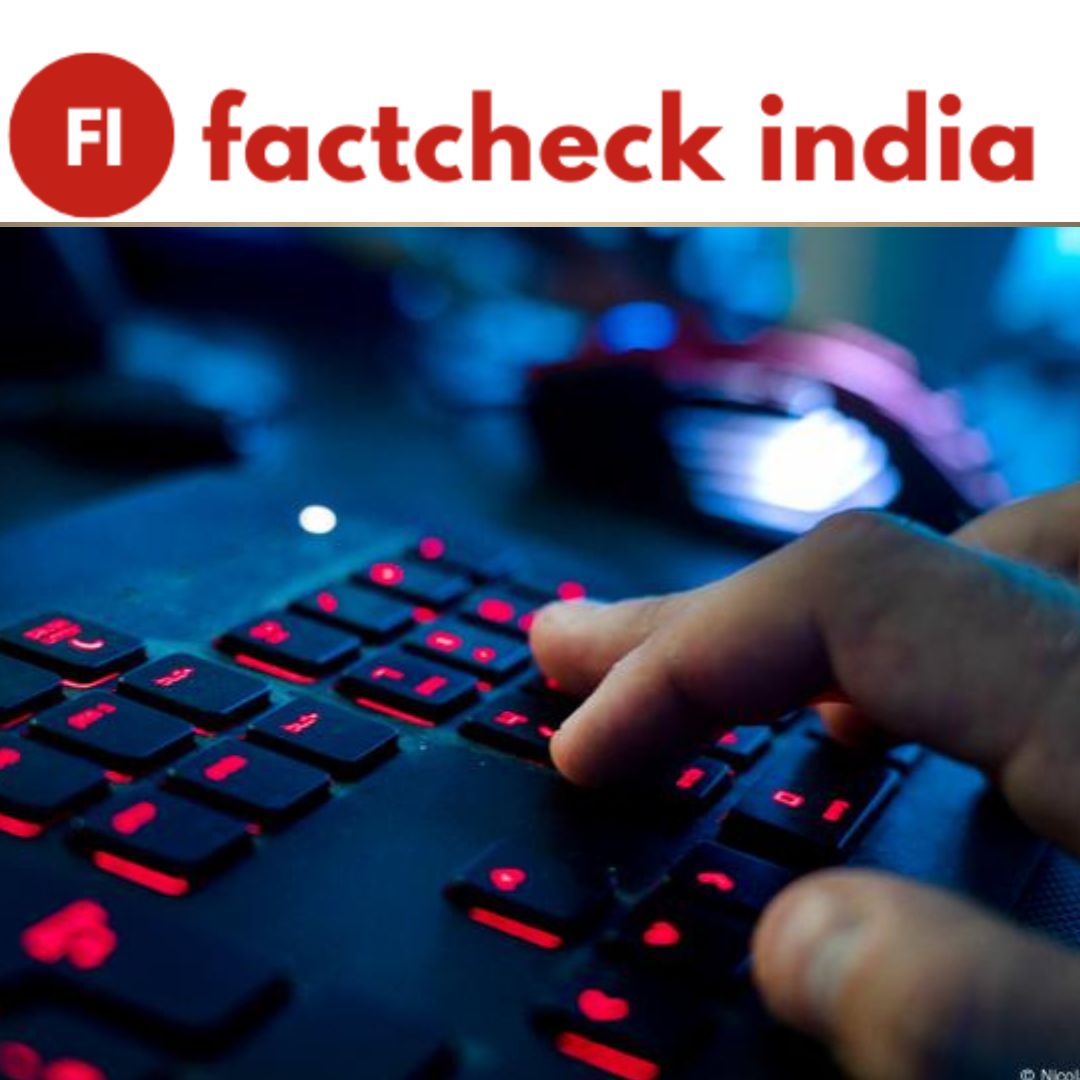Claim: Russia’s Ministry of Foreign Affairs launched the Global Fact-Checking Network (GFCN), claiming it is an international coalition created to counter Western misinformation.
Fact: Misleading. The GFCN is backed by Kremlin-linked entities, lacks transparency, and does not adhere to international fact-checking standards. Analysts say it mimics the appearance of credibility while promoting disinformation.
What Happened?
In early April 2025, the Russian Foreign Ministry officially launched the Global Fact-Checking Network (GFCN), branding it as a global coalition to combat the “West’s disinformation agenda.” The launch followed its initial reveal at the “Dialogue about Fakes 2.0” forum in Moscow in November 2024.
Spokeswoman Maria Zakharova presented GFCN as a civic initiative to counter the supposed bias of Western fact-checkers, claiming that organizations in the West spread “pseudo-fact-checking” in service of political narratives.
But scrutiny by digital watchdogs paints a very different picture.
What’s the Truth?
Factcheck India’s investigation that is backed by input from leading fact-checkers and media analysts and reveals several red flags:
- GFCN was co-founded by Kremlin-aligned organizations, including TASS (Russia’s state news agency) and ANO Dialog, both of which have been sanctioned for spreading propaganda and disinformation.
- TASS was suspended by the European Alliance of News Agencies (EANA) in 2022.
- ANO Dialog was sanctioned by the European Union and U.S. Treasury for disseminating false narratives and running the “War on Fakes” portal.
A review of GFCN’s fact-checks reveals poor sourcing, biased narratives, and manipulative framing.
Examples include:
- Misuse of Eurobarometer data: A GFCN article misrepresented Romanian attitudes toward EU policies, citing debunked statistics.
- Soros conspiracy theories: GFCN falsely implied that George Soros personally orchestrated April 2025 U.S. protests because some organizers had received unrelated grants from his foundation.
- Deflection tactics: One article titled “Is ChatGPT Prone to Russian Propaganda?” ignored factual AI reports and focused instead on discrediting critics of Russian state media.
Who’s Behind the GFCN?
The platform features contributors like:
- Sonja van den Ende, a Dutch journalist embedded with Russian troops, known for conspiratorial posts, including xenophobic remarks on X.
- Tim Anderson, who has denied atrocities in Ukraine and supported discredited pro-Kremlin narratives.
Both are known to promote misinformation under the guise of independent journalism.
Why It Matters: The Kremlin’s Propaganda Playbook
The GFCN’s acronym closely resembles that of the International Fact-Checking Network (IFCN) — a clear attempt to borrow legitimacy. Experts believe this is a deliberate tactic to sow confusion.
“This is classic political appropriation,” said Tommaso Canetta of the European Digital Media Observatory. “They mimic the form of credible outlets while stripping them of journalistic substance.”
The IFCN and European Fact-Checking Standards Network (EFCSN) emphasize:
- Transparent sourcing
- Nonpartisan methodology
- Editorial independence
By contrast, GFCN operates under state influence, fails transparency tests, and targets critics of the Kremlin. As IFCN Director Angie Drobnic Holan noted, “We are highly dubious that this effort allows for professional fact-checking.”
Final Verdict
Claim: Russia’s Global Fact-Checking Network is a credible, independent fact-checking platform.
Fact: Misleading. The GFCN is a Kremlin-aligned project that mimics real fact-checking while pushing disinformation.
Bottom Line: Imitation ≠ Credibility
The GFCN is not a beacon of truth. It’s a propaganda machine wrapped in the language of legitimacy. When authoritarian regimes mimic real journalism, the goal isn’t clarity. It’s confusion. In this war of narratives, facts become casualties unless we arm ourselves with critical thinking. Don’t be fooled by knock-offs in a fact-checker’s uniform. In the age of AI and information warfare, the truth needs defenders and not impostors. The GFCN is not a journalistic initiative — it’s a geopolitical tool dressed in a fact-checker’s clothing. In an era of global information warfare, it’s more crucial than ever to distinguish authentic accountability from strategic deception.

